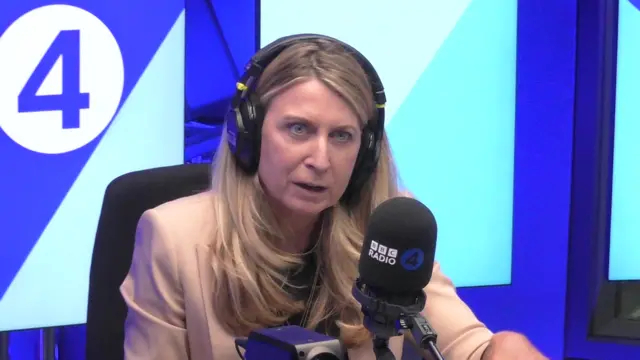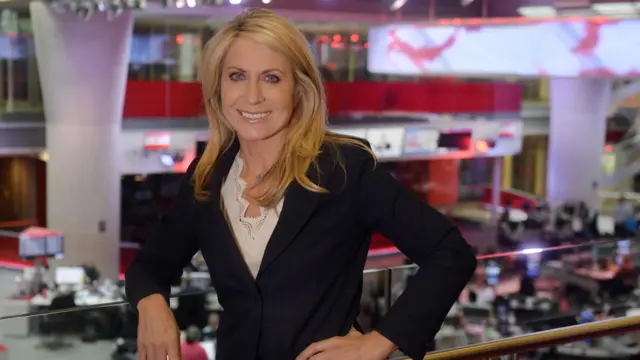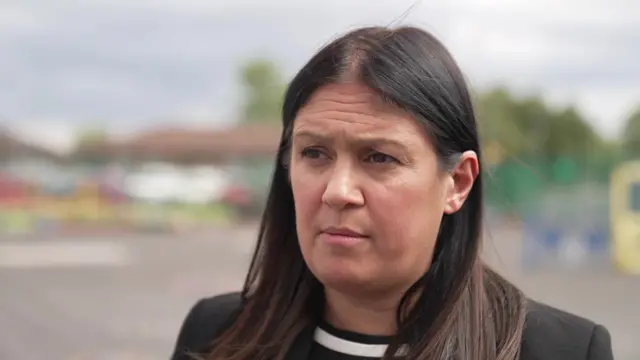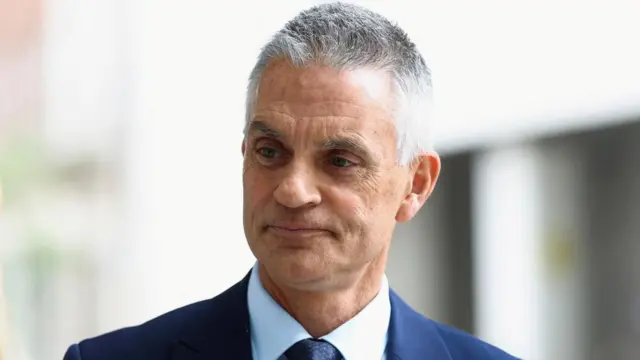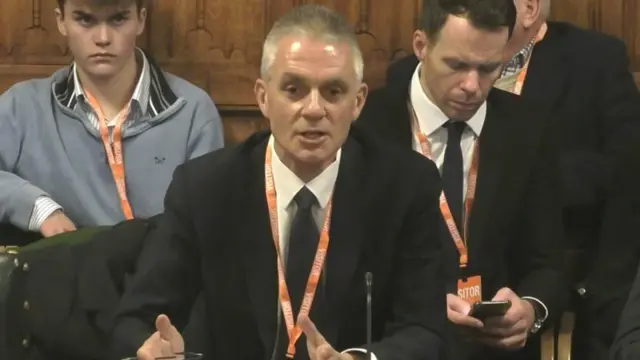BBC report finds Gaza documentary breached editorial guidelinespublished at 14:18 BST 14 July
A BBC report has concluded that a documentary about the lives of children in Gaza breached editorial guidelines on accuracy.
The film was pulled from iPlayer in February after it emerged the 13-year-old narrator was the son of a Hamas official.
The review also found three members of the independent production company knew of the father's position, but no-one within the BBC knew this at the time.
It concludes that independent production company, Hoyo Films bears most of the responsibility, but that the BBC was not "sufficiently proactive" with initial editorial checks.
Reaction to the findings have poured in throughout the day, with BBC director general Tim Davie vowing to take action "to prevent such errors being repeated".
Meanwhile, Hoyo Films says it will "improve processes and prevent similar problems in the future".
Thank you for joining us, we are ending our live coverage of the report.
You can continue to read about this in our main news article
